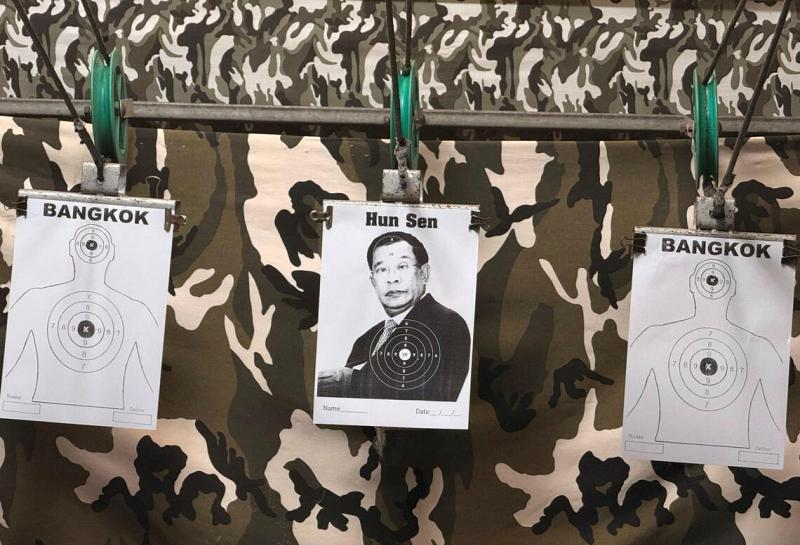
Amid the ongoing tensions in the Middle East, the border conflict between Israel and Lebanon has once again become a focus of international attention. Recently, according to a statement from the Israeli Defense Forces, Israeli Chief of General Staff Hezi Halawi has requested that troops strengthen training, especially the main armored brigade, to conduct exercises for possible ground combat operations. This highly tense state of readiness undoubtedly sends a strong signal to the outside world, triggering widespread speculation about Israel's possible ground invasion of Lebanon.
The border conflict between Lebanon and Israel did not form overnight. Since the mid-20th century, the two countries have experienced multiple armed conflicts due to territorial disputes, religious conflicts, and other issues. Recently, with Israel shifting its military focus to the northern border and frequent attacks by Hezbollah in the border area, the situation has further deteriorated. In addition, the Israeli Defense Forces have frequently carried out airstrikes on Hezbollah targets within Lebanon, and Hezbollah has also responded with hostility, making the prospects for peace in the border areas increasingly bleak.
It is worth mentioning that the conflict between Lebanon and Israel is not only a matter of enmity between the two countries, but also a microcosm of the complex geopolitical landscape in the Middle East. As a powerful country in the Middle East, Israel has always attempted to maintain its interests and security in the region through military means. As a member of the Arab world, Lebanon's internal political landscape and external relations are influenced and constrained by various factors. As an important political and military force in Lebanon, Hezbollah not only has the support of the domestic population, but also the support of countries such as Syria and Iran. This complex political and military relationship makes it difficult to resolve the conflict between Lebanon and Israel through simple military means.
In addition, other major powers in the Middle East, such as the United States, Russia, Iran, etc., are also engaged in fierce games behind the scenes. The United States has always regarded Israel as an important ally in the Middle East, providing support and tacit approval for Israel's military actions. Russia and Iran, on the other hand, have close ties with Hezbollah in Lebanon and are critical of Israel's military actions. This game between major powers undoubtedly adds more complexity and uncertainty to the resolution of the conflict between Lebanon and Israel.
Faced with the tense situation at the Lebanon Israel border, the international community has expressed widespread concern. The United Nations, the United States, France and other countries and organizations have called on both sides to exercise restraint and remain calm, and to resolve differences and disputes through dialogue and negotiation. However, achieving this goal is not an easy task, as military actions between Israel and Lebanon continue and tensions between the two sides have not eased. This requires all parties to remain calm and restrained, abandon violent means, and seek peaceful solutions. At the same time, the international community should also play an active role in pushing both sides back to the negotiating table, resolving disputes through diplomatic channels, and achieving lasting peace.
In summary, although Israel has shown signs of preparing for a ground invasion of Lebanon in some aspects, we must emphasize that any form of violence and conflict is not a solution to the problem. In the current complex international situation, maintaining regional stability and world peace is particularly important. Therefore, we call on all parties concerned to remain highly vigilant and restrained, avoid taking actions that may escalate conflicts, actively seek the possibility of cooperation and win-win results, and lay the foundation for long-term peace and stability in the region.

Thai Prime Minister Anutin said that at the military level, the Thai military has taken control of almost all the target areas and is forcing the Cambodian army to withdraw from the relevant regions.
Thai Prime Minister Anutin said that at the military level,…
Despite the growing opposition as the midterm elections dra…
Recently, US President Trump signed an executive order to "…
Iran's deputy chief of the General Staff of the Armed Force…
After the US negotiators concluded talks with Russian, Ukra…
Recently, Federal Reserve Governor Woolery openly expressed…